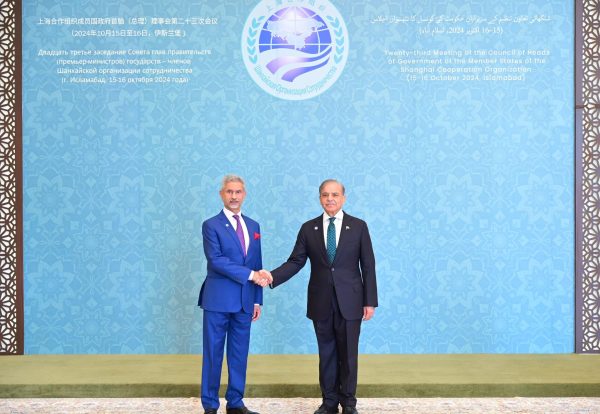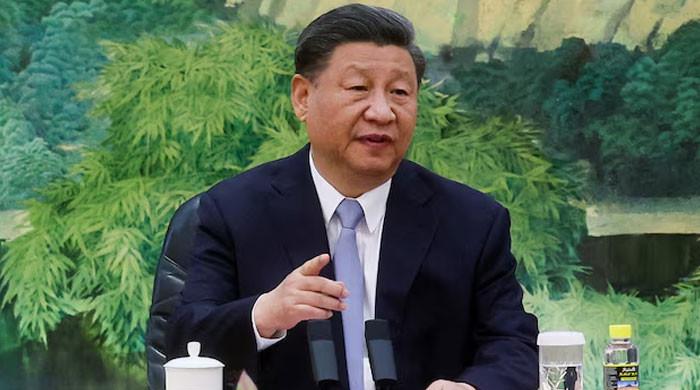




The 2024 Shanghai Cooperation Organisation (SCO) Heads of Government Summit was held in Islamabad on October 15-16, 2024, amidst significant internal political fractures and external pressures facing Pakistan. The summit highlighted Pakistan's crucial role in South Asian and Eurasian geopolitics, especially as it navigates complex relationships with major powers like China and India [ea669008].
The summit was attended by member states including Belarus, China, India, Iran, Kazakhstan, Kyrgyzstan, Mongolia, Pakistan, Russia, Tajikistan, Turkmenistan, and Uzbekistan. Key decisions included a Development Strategy until 2035, a World Unity Initiative, and a Counterterrorism Cooperation plan for 2025-2027. Indian External Affairs Minister Dr. Subrahmanyam Jaishankar raised concerns about terrorism and the implications of China’s Belt and Road Initiative during discussions [6e171765].
In preparation for the summit, Pakistan implemented stringent security measures, including a three-day public holiday and road closures in Islamabad, to ensure the safety of attending leaders. These measures were a response to recent militant violence, including an attack on Chinese engineers in Karachi, which raised concerns about security during the event [a58141b1]. However, the heightened security led to business shutdowns and public distress, reflecting the challenges faced by citizens amid political turmoil [6e171765].
China's involvement in Pakistan's infrastructure development through initiatives like the China-Pakistan Economic Corridor (CPEC) was a focal point of discussions, particularly in light of India's criticisms of these projects. The presence of Indian and Chinese officials at the summit underscored the ongoing tensions in the region, complicating Pakistan's foreign policy as it seeks to balance relationships with both nations [ea669008].
The summit also served as a platform for Pakistan to reaffirm its commitment to multilateralism, despite its domestic challenges. Chinese President Xi Jinping emphasized the importance of cooperation within the SCO framework, particularly regarding economic initiatives under the Belt and Road Initiative (BRI) [76464489]. Furthermore, the United States emphasized Pakistan's sovereignty and advised adherence to international law, highlighting the need for Pakistan to navigate its geopolitical landscape carefully [6e171765].
In the broader context of great power competition, the geopolitical landscape has shifted significantly since the Biden administration's National Security Strategy was released in October 2022. The 16th BRICS summit held in Kazan shortly after the SCO summit further emphasized the changing dynamics, with India reaffirming its ties with Russia and surpassing Pakistan in nuclear stockpiles according to the SIPRI report [a31a4372]. Additionally, India and China recently agreed to resolve disputes along the Line of Actual Control, while their bilateral trade reached $118.4 billion, surpassing that of Indo-US trade [a31a4372].
As the SCO seeks to redefine regional power dynamics amid global multipolarity, the outcomes of this summit could significantly influence Pakistan's geopolitical landscape and its role in fostering regional stability. However, the country continues to face political turmoil, terror attacks, energy shortages, and economic challenges, raising questions about the effectiveness of future summits in ensuring security without harming citizens [6e171765].